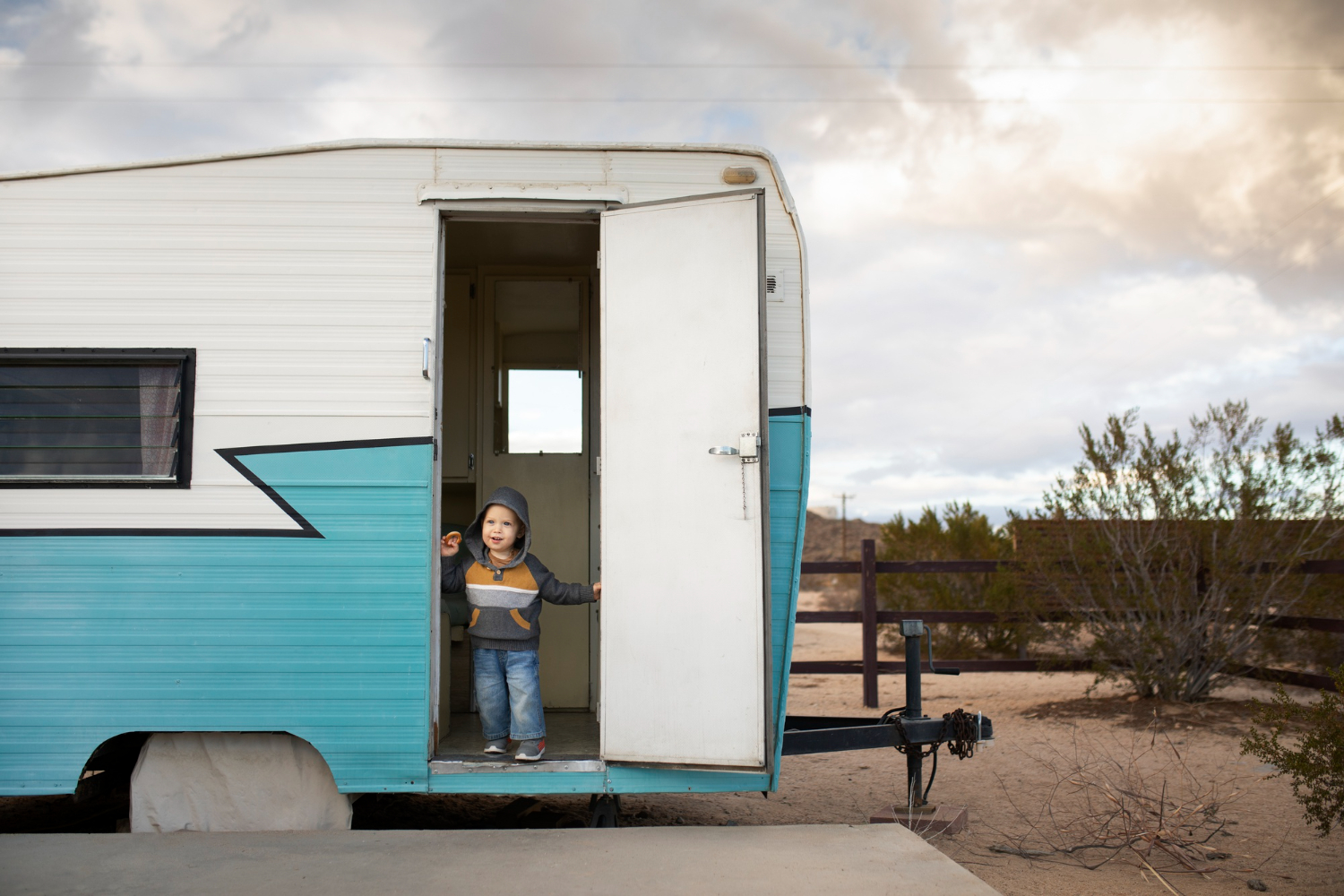If you use a trailer — whether it’s for hauling cargo, transporting recreational vehicles, or towing a camper — understanding the differences between trailer insurance and towing coverage is essential. Although these terms are often used interchangeably, they serve very different purposes when it comes to protecting you financially.
In this article, we’ll break down what each type of coverage means, what they protect, and when you might need both.
What Is Trailer Insurance?
Trailer insurance is a type of insurance policy (or policy add-on) that provides protection for the trailer itself. This can include a variety of trailer types, such as:
-
Utility trailers
-
Cargo trailers
-
Horse trailers
-
Travel trailers (non-motorized)
-
Toy haulers
-
Boat trailers
What Does Trailer Insurance Cover?
Trailer insurance typically covers:
-
Physical damage: Pays for repairs or replacement if your trailer is damaged due to collision, fire, theft, vandalism, or weather events.
-
Comprehensive and collision: These work similarly to auto insurance, providing protection whether you’re at fault or the trailer is damaged in non-collision events.
-
Liability (in limited cases): Some specialized trailer insurance may offer limited liability if your trailer causes damage while not attached to your vehicle.
-
Contents coverage: Optional protection for personal or business items stored inside the trailer.
Important: Trailer insurance does not automatically cover the vehicle towing the trailer or roadside services.
What Is Towing Coverage?
Towing coverage, often referred to as roadside assistance or towing and labor coverage, is typically an add-on to your auto insurance policy. This type of coverage pays for the cost of towing your vehicle (and sometimes your trailer) if it breaks down or is involved in an accident.
What Does Towing Coverage Include?
Depending on your insurer, towing coverage may include:
-
Towing your disabled vehicle (and sometimes your trailer) to a repair shop
-
Flat tire changes
-
Battery jump-starts
-
Lockout assistance
-
Fuel delivery
Towing coverage is focused on getting you back on the road — it does not cover damage to your trailer or its contents.
Key Differences at a Glance
| Feature | Trailer Insurance | Towing Coverage |
|---|---|---|
| Covers damage to trailer | ✔️ | ❌ |
| Covers towing expenses | ❌ | ✔️ |
| Covers items inside the trailer | Optional | ❌ |
| Required by law | No (unless financed) | No |
| Applies during breakdowns | ❌ | ✔️ |
| Applies during accidents | ✔️ | ✔️ (for towing only) |
Do You Need Both?
In many cases, yes. Here’s why:
-
Trailer insurance protects the investment in the trailer itself — especially important if the trailer is expensive, custom-built, or used for business.
-
Towing coverage ensures that if your vehicle or trailer breaks down, you won’t be stuck paying out of pocket for roadside assistance or towing services.
If you’re only towing a small utility trailer occasionally, your auto insurance may offer some basic liability coverage while it’s attached. However, if your trailer is valuable or used frequently, it’s a smart move to insure it separately.
What About Liability?
When a trailer is attached to your vehicle, most auto insurance policies extend your liability coverage to the trailer. This means if your trailer causes damage to another person’s property or vehicle while being towed, your auto policy may cover the costs.
However, once detached, that liability coverage often no longer applies — and this is where standalone trailer insurance can offer additional protection.
Common Scenarios
-
You’re towing a travel trailer: You need both towing coverage (for breakdowns) and trailer insurance (for physical damage to the trailer).
-
You haul tools in a cargo trailer for work: You should insure the trailer and its contents separately, and also consider commercial liability coverage.
-
You own a boat trailer: Trailer insurance can protect it against theft or damage, while towing coverage gets you roadside help if the towing vehicle fails.
Understanding the difference between trailer insurance and towing coverage can help you avoid gaps in your protection — and unexpected out-of-pocket expenses. Trailer insurance protects the value of the trailer itself, while towing coverage protects your mobility when things go wrong on the road.
Before hitting the road, speak with your insurance agent to review your trailer usage and make sure you have the right combination of coverage based on your needs.

